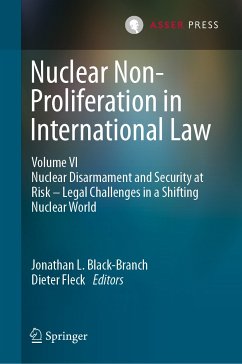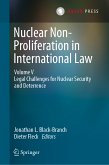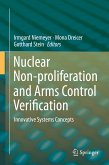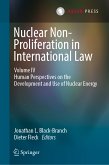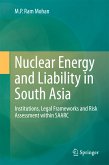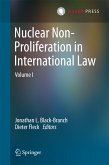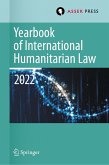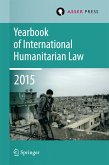This sixth volume of the book series on Nuclear Non-Proliferation in International Law focuses on current legal challenges regarding nuclear disarmament and security.
The Series on Nuclear Non-Proliferation in International Law provides scholarly research articles with critical commentaries on relevant treaty law, best practice and legal developments, thus offering an academic analysis and information on practical legal and diplomatic developments both globally and regionally. It sets a basis for further constructive discourse at both national and international levels.
Jonathan L. Black-Branch is Chair of the ILA Committee on Nuclear Weapons, Non-Proliferation and Contemporary International Law and President and CEO of ISLAND - The Foundation for International Society of Law and Nuclear Disarmament.
Dieter Fleck is Former Director International Agreements & Policy, Federal Ministry of Defence, Germany; Memberof the Advisory Board of the Amsterdam Center for International Law (ACIL); Rapporteur of the International Law Association (ILA) Committee on Nuclear Weapons, Non-Proliferation & Contemporary International Law.
Dieser Download kann aus rechtlichen Gründen nur mit Rechnungsadresse in A, B, BG, CY, CZ, D, DK, EW, E, FIN, F, GR, HR, H, IRL, I, LT, L, LR, M, NL, PL, P, R, S, SLO, SK ausgeliefert werden.

